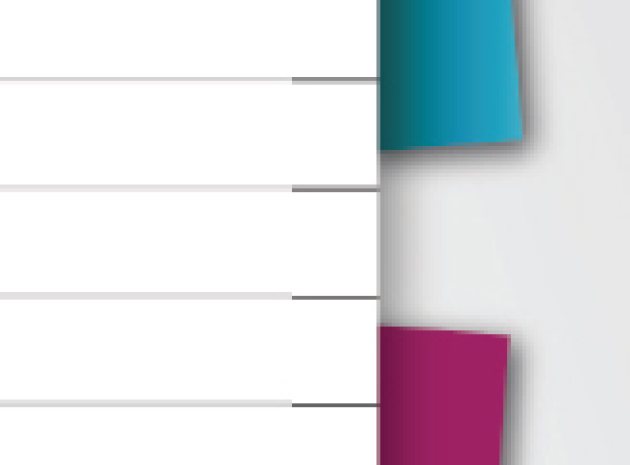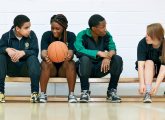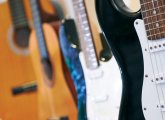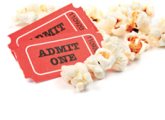What i learnt at school
Pop legend Leo Sayer didn’t so much complete his secondary education, as survive it...
My educational career didn't start out too badly. I went to St Peter's Catholic Primary School, in Shoreham-by-Sea,West Sussex, and whilst the nuns who taught us could be a bit mean – and were definitely disciplinarian in their approach – I do have some happy memories from that time. I got on OK with the work, although I found a lot of it quite hard, and by the final year it was expected by everyone that I would begin secondary school comfortably in the A-stream.
But then came the 11+. And my world came tumbling down.
I didn't realise it then (and nor, it has to be said, did my parents or teachers), but I have severe dyslexia. So, when I was faced with those exam papers, and told I had a certain number of minutes in which to complete them, I just fell to pieces. In fact, that experience left me with an important symbol that I still carry with me through life: the blank sheet of paper, waiting to be filled in. For someone like me, the idea of having to use that space to answer set questions within a limited time scale means panic and confusion – whereas my creative side looks at the same, white rectangle... and sees infinite possibilities. It's the two faces of my dyslexia, I think.
Despite my terrible 11+ results, I had one more chance at showing my secondary school what I was capable of before they decided my future academic course – an interview, following a positive report from my primary school teachers. They knew me, and they were fully aware that I knew my stuff. But again, the dyslexia kicked in. I floundered and stumbled as I tried to get my thoughts in order and explain them; the staff assumed I was a numbskull; and as a result, I joined Blessed Robert Southwell in Goring as a C-stream pupil.
It's now called Chatsmore, and I'm sure it's a good school these days – but when I went there, in the late 50s/early 60s, Blessed Robert Southwell was a horribly violent place. It wasn't nearby, either, but it was the only Catholic secondary modern in the area, and my parents insisted that I had continue my education in a Catholic institution. I had to walk a mile to the station, then travel through seven stops, in order to be mercilessly bullied. Every day. It was inevitable, really. I was too small, too keen on music, movies and literature, and of course, too dyslexic. I remember one boy in particular. He was about my size, actually, and maybe that was why he made it his mission to cause me as much misery as possible. His name was Hollywood – so that's twice Hollywood has tried to break me; luckily, I did alright in LA in the end.
I went to school thinking that I'd get an education; that I'd learn about the world. I loved geography, and Shakespeare, and music – but between being kicked by Hollywood and caned by the staff, there wasn't much opportunity or motivation for learning in the classroom. Instead, I went to the library (no chance of seeing the bullies in there), and gradually, working at my own pace and following my own interests, I educated myself. I chose the books that called out to me, and absorbed their contents steadily and surely. Because I couldn't easily communicate with others, I talked to myself. I created myself. I imagined, and dreamt my own reality. I was lucky that I could do that.
It was only much later in life, when I bumped into Wynford Dore, who developed the Dore Programme of treatment for a whole range of learning difficulties, including dyslexia, that I realised I had a condition with a name – that there was a reason I couldn't tie my shoelaces until I was 21. I hadn't realised that there were so many people like me, who suffer from this kind of communication breakdown, and can so easily fall through the cracks when it comes to education.
I live in Sydney now, and do a lot of work with the Australian Children's Music Foundation, which provides instruments and programmes for disadvantaged young people across the country. Music is an incredible therapy; it's such a direct, natural way for human beings to reach out to each other. Rock and roll genuinely saved my life. I don't think I would have made it through school without it. It enabled me to turn a ‘disability’ into something positive and powerful. It brings me incredible pleasure to be able to be a part of giving something back.










